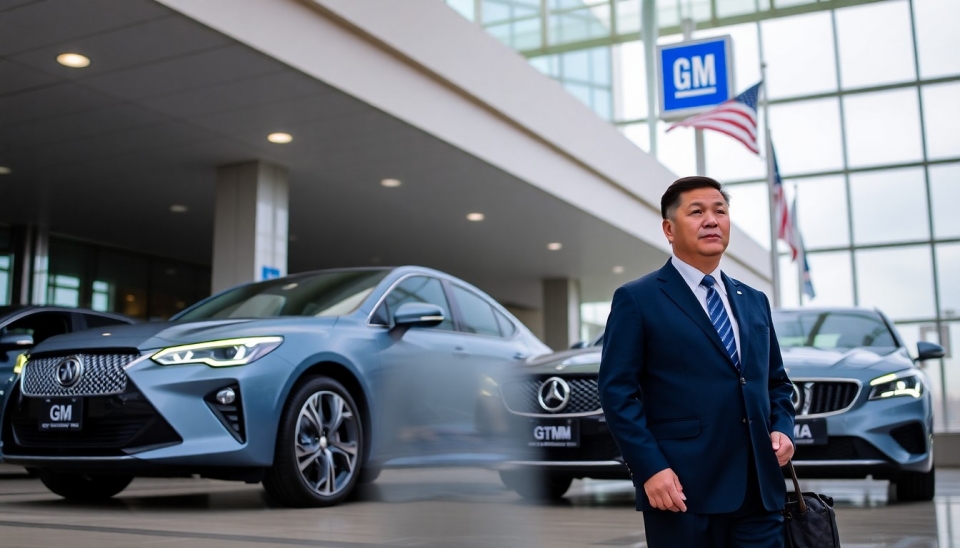
In a significant development impacting the automotive sector, leaders from the General Motors (GM) union in Korea are set to embark on a crucial visit to the United States. This trip comes at a time when there are growing concerns regarding potential tariffs imposed by the Trump administration, which could have profound effects on the operations of foreign automobile manufacturers in the U.S. market.
As the global automotive industry experiences shifts in trade relations, union representatives aim to discuss ongoing labor contracts, potential changes in the regulatory environment, and strategies to safeguard jobs amidst these uncertainties. The leaders' primary objective is to ensure that their voices are heard by GM’s top executives and to advocate for more favorable conditions for their members.
Recent discussions in South Korea have revolved around the implications of heightened tariffs on imported vehicles. With past experiences of both the threats and realities of tariff implementation, union members are acutely aware of the importance of staying ahead of potential ramifications. They hope to gain insights on GM's strategic direction under the current administration's policies and how these might affect production and employment levels in Korea.
Moreover, there are discussions among union leaders about the necessity of increased investment in local manufacturing resources. They argue that bolstering domestic production capacities could mitigate some of the adverse impacts associated with any impending tariffs. Strengthening the operational framework not only aids in job security but also enhances the competitiveness of Korean-made vehicles in the global market.
The backdrop of the upcoming visit includes a turbulent trade environment fueled by previous tariff policies affecting automobile imports, including those from South Korea. The U.S. government has expressed concerns regarding trade imbalances, advocating for more favorable conditions for domestic manufacturers like GM. As part of this process, union leaders will likely address how these policies might influence labor relations and manufacturing priorities within the company.
In summation, the interaction between GM Korea's union leaders and U.S. executives represents a pivotal moment where labor concerns and international trade policies intersect. The leaders endeavor to advocate for the rights and security of their members while navigating the vast implications of potential tariff implementations. As they prepare for their discussions, the impact of their efforts could resonate throughout the automotive industry in both the United States and South Korea for years to come.
#GM #Korea #Union #Tariffs #AutomotiveIndustry #TradeRelations #Manufacturing #JobSecurity #GlobalEconomy #TrumpAdministration
Author: Liam Carter




